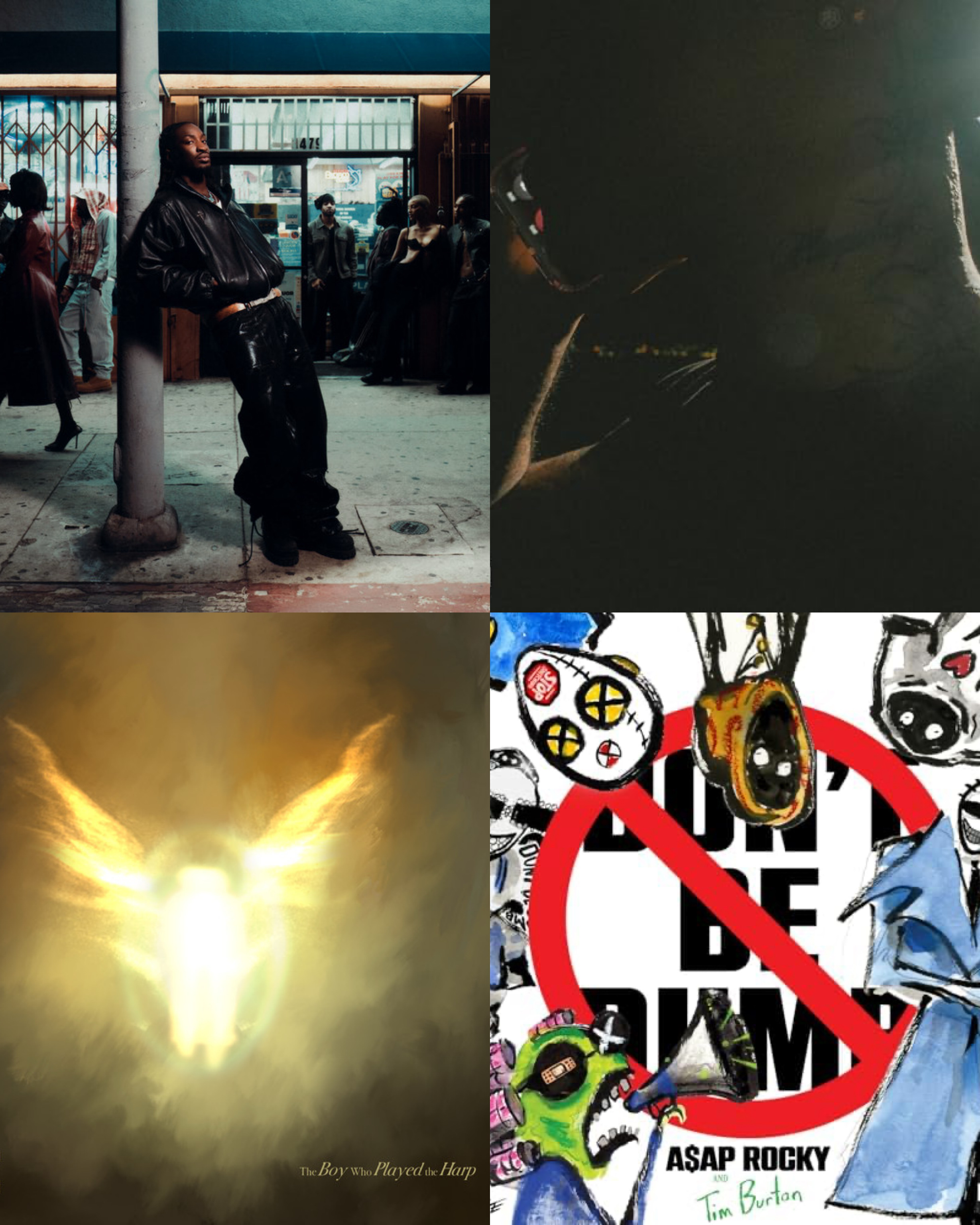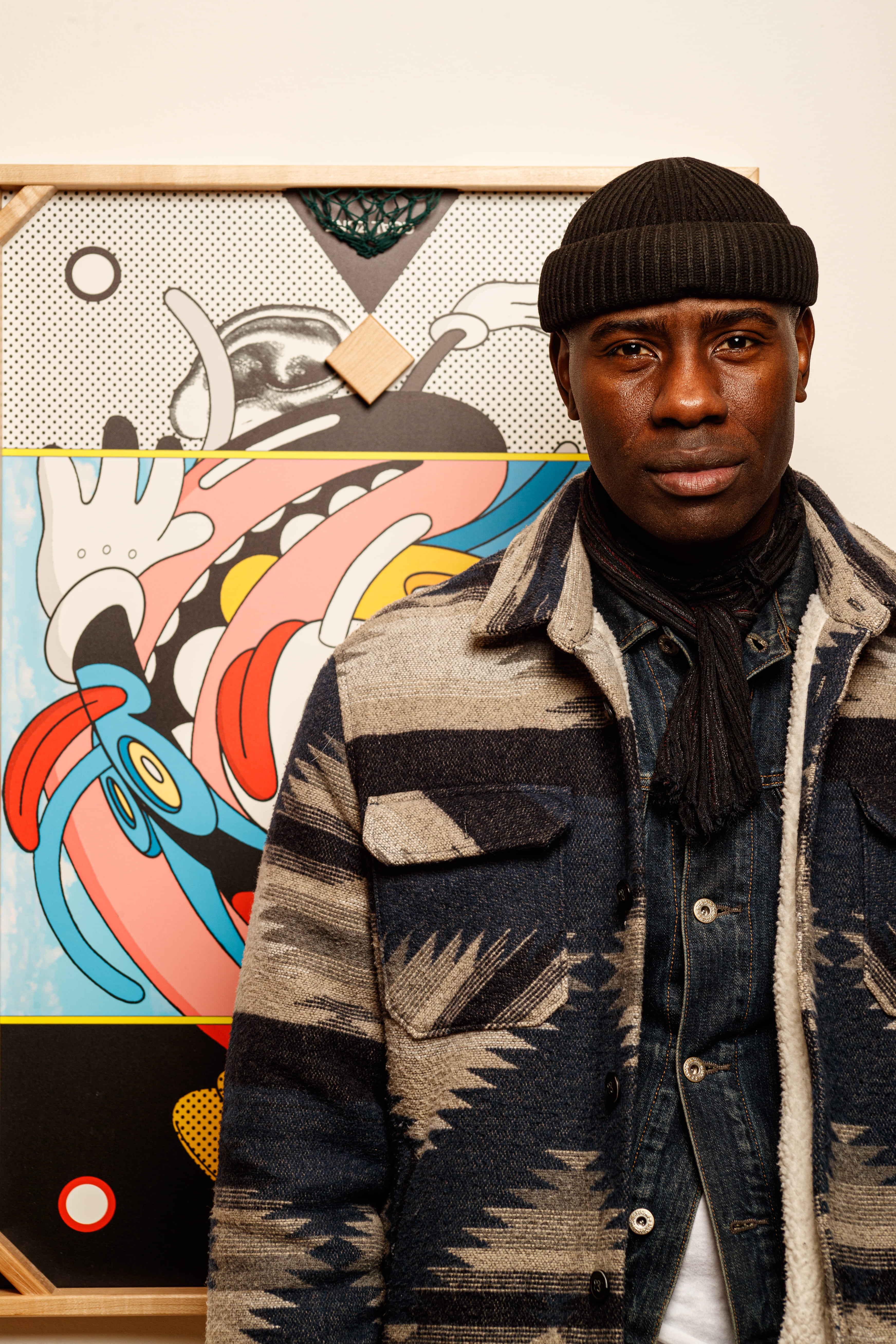For Sudanese photographer and creative documentarian Rimaz Yousif, photography is more than capturing an image—it’s a way of preserving culture, movement, and emotion across borders. Her lens has quietly and intentionally followed some of the most important moments in African music’s global rise, creating an archive that doesn’t just reflect who was on stage, but the stories behind the spotlight.
.png)
What inspired your latest project?
- I’ve been an avid visual documenter of artists who graced the greater Washington DC area through pop shows and tours, sitting at the intersection of music, culture, and visual arts. Within the last 2 years, my focus has largely been documenting the rise of African artists in the diaspora breaking into Western markets by capturing headliner acts in spaces, venues, and events that are booking African talents. As I have been working on complying exclusive images that have not been shared on socials before throughout the shows I’ve attend, I most recently shot Spinall in Washington DC where he headlined a local collectives event - FirstWeDanceGlobal - for the first time capturing the crowd’s electric response to a prominent figure in the Afrobeats scene who is known for his versatility and ability to blend various genres.
.png)
• How did you get into your creative field?
- I grew up traveling my entire life and was always actively taking photos of places my family and I moved to and vacationed frequently. It was a natural hobby that was birthed from my love of visual arts, travel, music, food, as well as freezing moments in time that essentially depicted history.
.png)
- If you’ve grow up in a traditional household, you can relate to the creative field being perceived as hobbies/talents that are balanced on the side while pursuing careers that are traditionally viewed more as “stable” in engineering, business, or the medical field. While my parents are progressive and supportive in any avenue I want to pursue in my career, they humbly encouraged me to set a business foundation for myself as a starting point. Eventually, I found myself being at the intersection of two fields I am passionate about after receiving my MSci - Sustainability in International Development & Photography. Having both parents working in international development at the UN, I knew I would be balancing the best of both worlds while now working at the World Bank in Washington DC.
.png)
• Can you describe your creative process?
- I like to describe my approach to photography/my creative process as showing the world what I see when I attend shows/concerts and/or when I am seeking to shoot a particular artist who is - for example - embarking on their first tour as an independent artist across the U.S. It’s about freezing moments in time that otherwise aren’t captured or missed out - keeping in mind that moments on stage are just part of the story of an artist having a show in a particular city or country. Extending those moments past the stage showcasing the before, the during, the after, even years later is what I aim to showcase through upcoming projects and the more I continue to be in spaces where I’m capturing artists in their legacy.
.png)
• Are there any projects in the works that you would like to share with us ?
- It’s been a dream of mine to publish a photo book series showcasing all my work and unreleased images throughout the years of me shooting artists. I am working on publishing my first photo book that will have a focus on spotlighting African artists across the diaspora that have graced multiple Western markets across the UK and the US.
.png)
- Eventually, this photo book series will have different regional and genre focus that intersect with myself being a Third Culture Kid having grown up in a variety of countries outside of my home country of Sudan. Most importantly, as a Sudanese visual creative, I am aiming to also include in my photo book series a photo book dedicated to Sudanese talent, creatives, musicians I have documented over the years as an ode to my country with proceeds supporting grassroots food banks and charities aiding victims of the ongoing war/genocide in Sudan as well.
.png)
.png)
.svg)

.jpeg)





.png)

